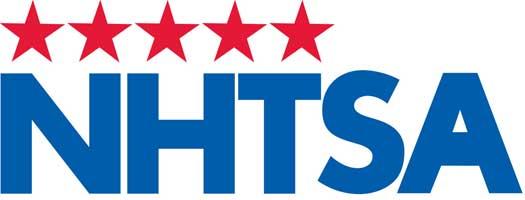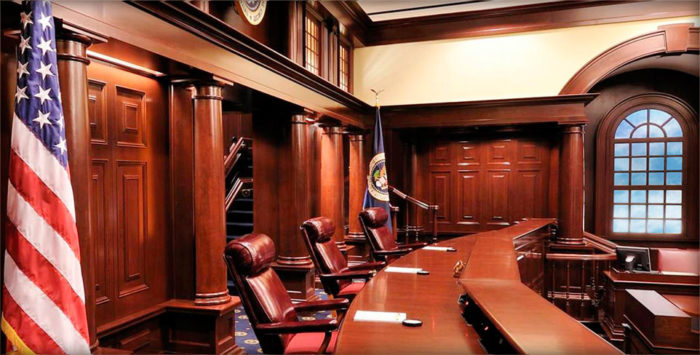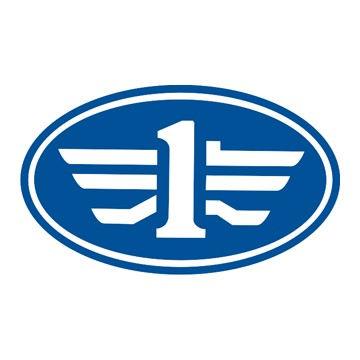Now Reading: NHTSA rejects Ford petition to delay recall concerning air bag
-
01
NHTSA rejects Ford petition to delay recall concerning air bag
NHTSA rejects Ford petition to delay recall concerning air bag

The U.S. National Highway Traffic Safety Administration stated on Friday it was turning down a petition by Ford Motor to delay recall of 3 million vehicles with potentially faulty air bag inflators to perform extra testing.
The firm stated it did not find the request by the automaker “reasonable under the circumstances or supported by the testing and information it has collected to this day.”
Takata inflators can blow up with extreme force, unleashing metal shrapnel inside vehicles. About 18 deaths and 180 injuries globally have been connected to the defect that resulted in Takata Corp to file for bankruptcy protection in June and triggered at least 19 automakers to issue recalls.
NHTSA likewise turned down a similar petition filed by Mazda Motor covering about 6,000 automobiles. Mazda said in a statement it “takes our consumers’ security as a single-minded top priority and continues to work together with NHTSA.”
The public can talk about NHTSA’s decision till December 18 on both Ford and Mazda’s petitions. Mazda stated it would “provide more details once NHTSA issues its final determination.”
Ford did not instantly say if it was planning to challenge the firm’s decision. “We will cooperate with the firm, as we always do,” spokeswoman Elizabeth Weigandt stated. The vehicles in question concerns the 2007-11 Ford Ranger, 2006-12 Fusion and Lincoln MKZ, 2006-11 Mercury Milan, and 2007-10 Ford Edge and Lincoln MKX.
In July, NHTSA stated new testing prompted Takata to declare inflators faulty in Ford, Nissan Motor and Mazda automobiles in some driver-side air bags. Nissan accepted a recall of 515,000 vehicles.
NHTSA agreed in last year to a demand by General Motors to delay a recall of 2.5 million vehicles with Takata air bag inflators as Ford Motor carries out extra testing to figure out if the vehicles require replacement inflators.
Independently, a report released on Friday by an independent monitor of the Takata recalls said over 10 million U.S. cars and 18.5 million defective Takata air bag inflators remain unrepaired in the biggest ever auto recall.
Stay Informed With the Latest & Most Important News
Previous Post
Next Post
-
 01Polestar Boss Says It’s Time To Outrun BMW M And Mercedes-AMG
01Polestar Boss Says It’s Time To Outrun BMW M And Mercedes-AMG -
 02Spy Shots: 2027 Mitsubishi Pajero Spotted in Testing Ahead of Possible U.S. Return
02Spy Shots: 2027 Mitsubishi Pajero Spotted in Testing Ahead of Possible U.S. Return -
 032026 Toyota Hilux EV: A Powerful Truck with Silent Torque
032026 Toyota Hilux EV: A Powerful Truck with Silent Torque -
![2027 Mercedes-Benz S-Class Debuts with V8 Engine [Photo Gallery]](https://speedlux.com/wp-content/uploads/2026/01/2027-Mercedes-Benz-S-Class-33-155x125.jpg) 042027 Mercedes-Benz S-Class Debuts with V8 Engine [Photo Gallery]
042027 Mercedes-Benz S-Class Debuts with V8 Engine [Photo Gallery] -
 052026 Corvette ZR1 Production Surges Past Expectations as Output Clears 1,000 Units
052026 Corvette ZR1 Production Surges Past Expectations as Output Clears 1,000 Units -
 06Spy Photos: VW ID. Polo GTI Goes Electric with 223 HP and 280 Miles of Range
06Spy Photos: VW ID. Polo GTI Goes Electric with 223 HP and 280 Miles of Range -
 07The Controversial Ford Voodoo V8 That Was Killed Off Too Early
07The Controversial Ford Voodoo V8 That Was Killed Off Too Early



![2027 Mercedes-Benz S-Class Debuts with V8 Engine [Photo Gallery]](https://speedlux.com/wp-content/uploads/2026/01/2027-Mercedes-Benz-S-Class-33-700x394.jpg)










































